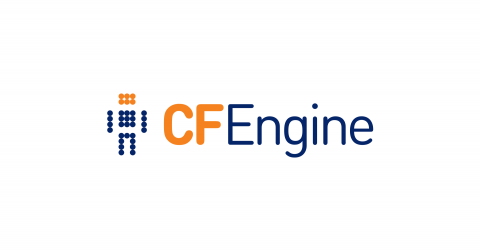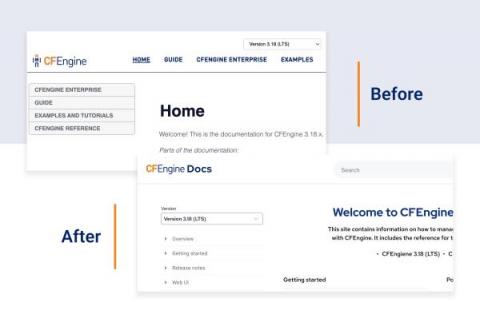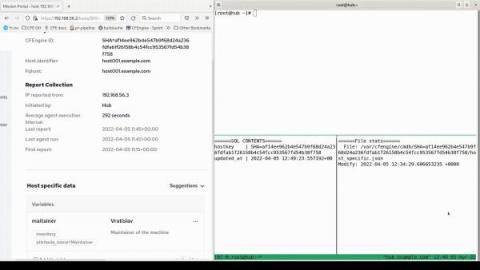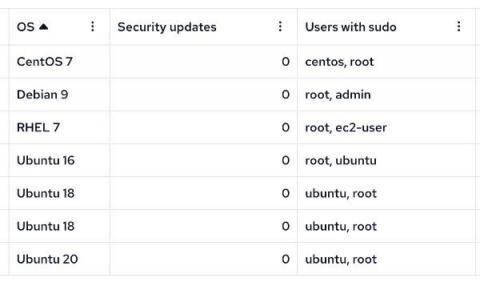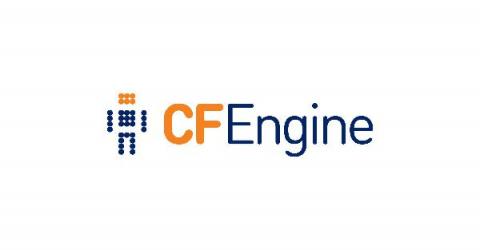CFEngine Build System version 2
A while back we released version 2 of cfbs, and even though we release versions of this tool quite frequently, without announcing it on the blog, we thought this was a good opportunity to talk a bit about the tool, what’s new and our direction with it in the future. The reason why we called this the “2.0” release is that we are trying to follow semantic versioning, and there were some big new features in the release which could be considered breaking changes.


